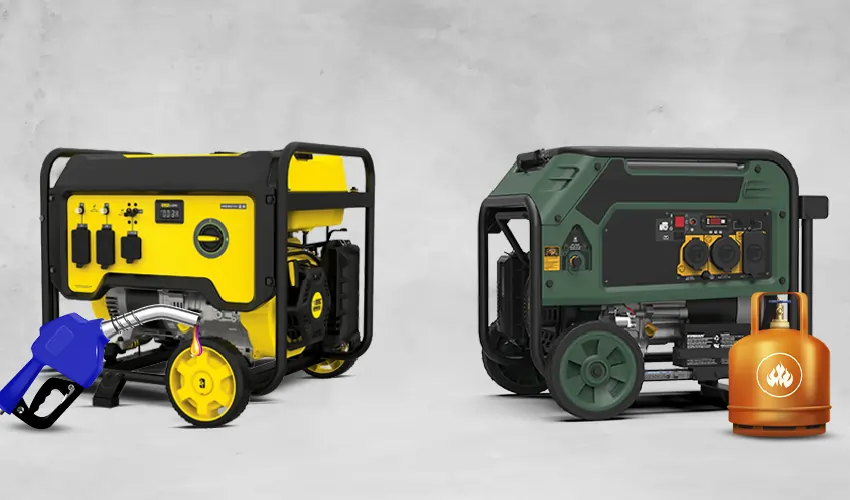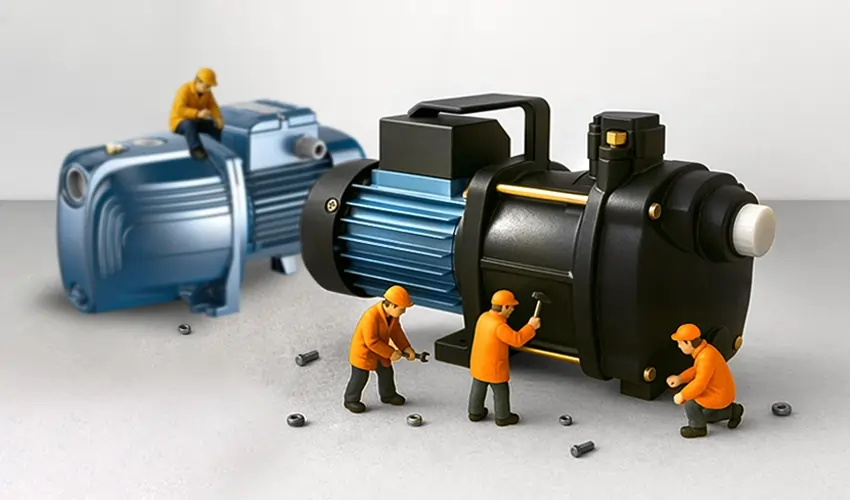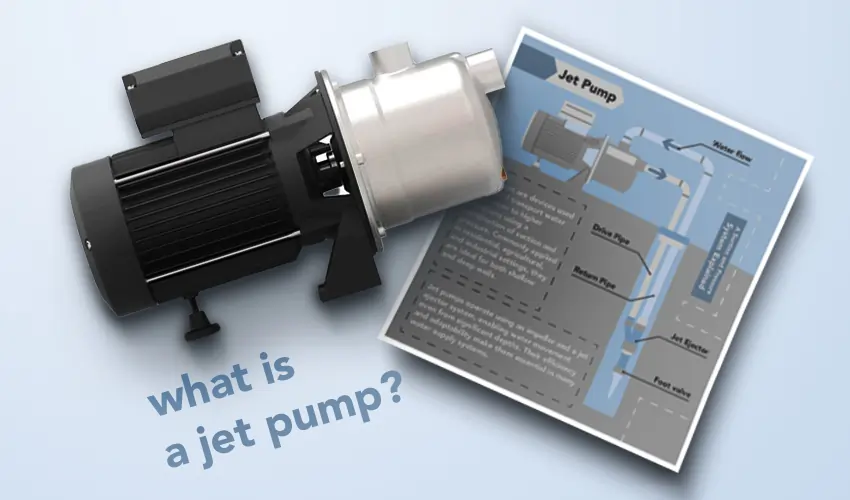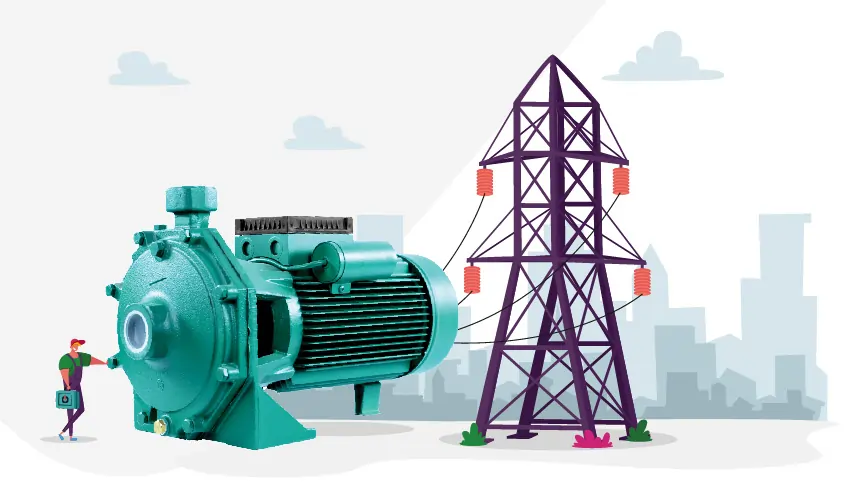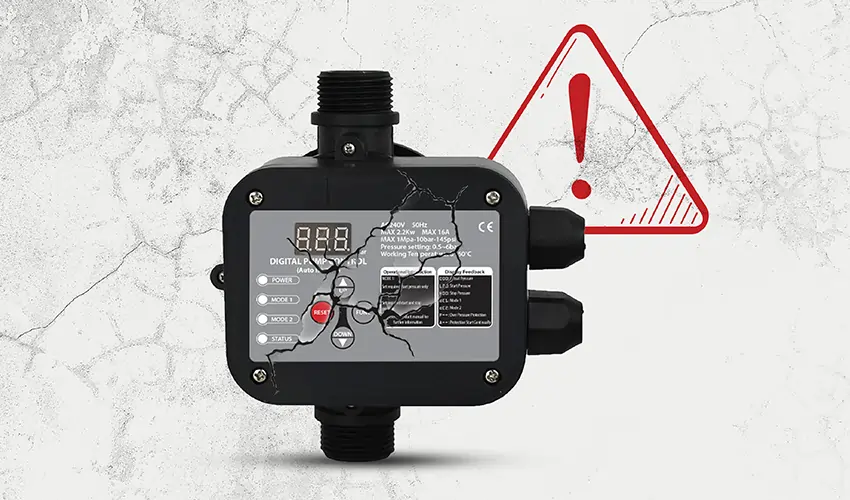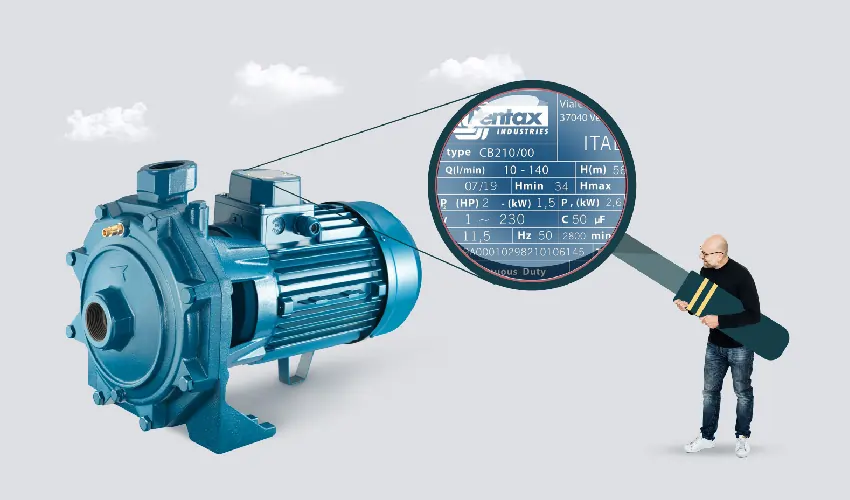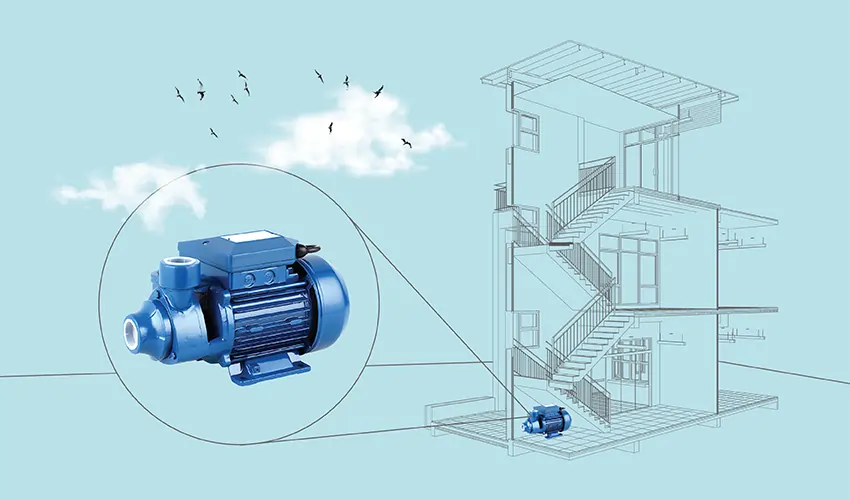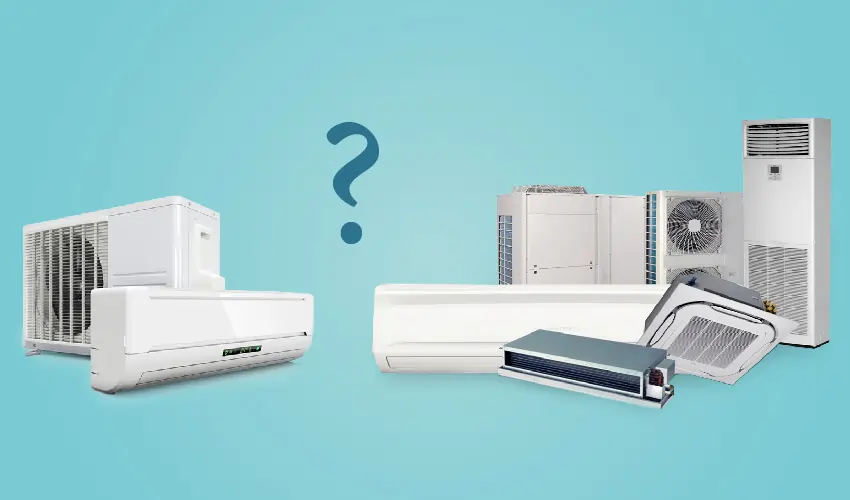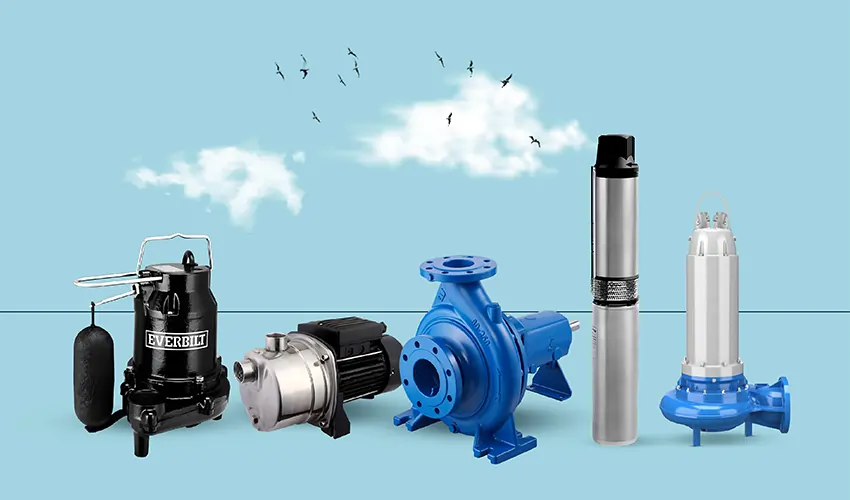Diesel and gas portable generator are two common types of generators used for temporary power supply. The difference between diesel and gas portable generator lies in their fuel source: diesel generators run on diesel fuel, while gas generators use gasoline. Diesel generators are often considered more fuel-efficient and durable, making them suitable for longer running times and heavy-duty applications. Gas generators, on the other hand, are typically more lightweight, less expensive, and easier to start, making them ideal for occasional, short-term use in residential settings or small-scale projects. Each type of diesel gas portable generator has its advantages and disadvantages, depending on the specific power needs and usage scenarios.
What is a Diesel Portable Generator?
A diesel portable generator is a type of generator that is designed to be easily movable and uses diesel fuel to generate electricity. It consists of a diesel engine that drives an alternator to produce electrical power. Diesel generators are known for their durability, efficiency, and longer running time compared to other types of generators. They are commonly used in situations where reliable and sustained power supply is needed, such as at construction sites, outdoor events, or as backup power for homes and businesses during power outages. The use of diesel as a fuel source generally, leads to less frequent refueling compared to gasoline generators, making them suitable for extended use. However, they are often heavier and more expensive than their gasoline counterparts.
What is a gas portable generator? A gas portable generator is a generator that operates on gasoline and is designed for easy mobility. This type of generator is equipped with a gasoline-powered engine that drives an alternator to produce electrical power. Gas generators are popular due to their convenience, ease of use, and generally lower initial cost compared to diesel generators. They are commonly used for occasional, short-term applications such as providing power for recreational activities, small outdoor events, or as emergency backup power for homes during outages. Gas portable generators are typically lighter and more compact, making them easier to transport and store. However, they usually have a shorter runtime and may require more frequent refueling than diesel generators. Additionally, while they are readily available and convenient for sporadic use, they might not be as suitable for prolonged or heavy-duty applications due to their lower fuel efficiency and shorter lifespan compared to diesel generators.
What are the Advantages and Disadvantages of a Gas Portable Generator?
Gas portable generators offer a mix of advantages and disadvantages that make them suitable for certain applications but less ideal for others. Gas portable generators are a practical choice for short-term or occasional use where the convenience of gasoline and the need for portability outweigh the drawbacks of higher fuel consumption and lower durability.
Advantages of Gas Portable Generators
Cost-Effective: Generally, gas generators are less expensive to purchase than diesel generators. This makes them a more affordable option for those needing a temporary power solution.
Lightweight and Portable: They tend to be lighter and more compact, making them easier to move and transport, which is ideal for camping, tailgating, or use in different locations around a home or small business.
Ease of Use: Gas generators are often simpler to operate. They usually start with a standard pull-start mechanism or an electric start, making them user-friendly.
Availability of Fuel: Gasoline is readily available, and most users find it easy to refill as it’s the same fuel used in many cars and lawn equipment.
Variety of Models: There is a wide range of models and sizes available, catering to different power needs from small appliances to entire home systems.
Disadvantages of Gas Portable Generators: Fuel Efficiency and Runtime: Gas generators are less fuel-efficient compared to diesel generators. They also have shorter
runtimes, requiring more frequent refueling, which can be inconvenient during prolonged power outages.
Maintenance and Lifespan: They typically require more maintenance and have a shorter lifespan, especially if used extensively.
Noise Levels: Gas generators can be noisier than diesel or inverter generators, which might be an issue in residential areas or quiet environments.
Emission Levels: Gasoline engines generally produce more carbon emissions than diesel engines, making them less environmentally friendly.
Fuel Storage: Gasoline has a shorter shelf life and is more volatile than diesel, posing additional challenges and risks in terms of storage and safety.
What are the Advantages and Disadvantages of a Diesel Portable Generator?
Diesel portable generators are known for their efficiency and durability, but like any power source, they have their own set of advantages and disadvantages. Diesel portable generators are best suited for situations requiring long-term, high-power generation, such as in industrial settings, construction sites, or as backup power for larger facilities. Their efficiency, durability, and lower maintenance requirements make them a preferred choice for heavy-duty applications, although their higher initial cost and larger size may be limiting factors for some users.
Advantages of Diesel Portable Generators
Fuel Efficiency: Diesel generators are more fuel-efficient than gas generators. They can produce more electricity per gallon of fuel, making them more suitable for extended use.
Longevity and Durability: Diesel engines are generally more robust and have a longer lifespan than gasoline engines, especially when maintained properly. They are built to withstand rigorous use, making them ideal for heavy-duty applications.
Lower Maintenance: Diesel engines, lacking spark plugs and carburetors, often require less maintenance than gasoline engines. This can lead to lower long-term maintenance costs.
Stability and Safety of Fuel: Diesel is less flammable than gasoline, making it safer to store and handle. It also has a longer shelf life, which is beneficial for long-term storage.
High Performance in Larger Units: For larger power needs, diesel generators are more effective and efficient. They are capable of handling heavy loads for longer periods.
Disadvantages of Diesel Portable Generators:
Initial Cost: Diesel generators are typically more expensive upfront than gasoline generators. This can be a barrier for those who need a portable generator for occasional use.
Weight and Portability: Diesel generators are often heavier and less portable than their gasoline counterparts. This can be a disadvantage in situations where mobility is a key factor.
Noise and Vibration: Older models of diesel generators are known for being louder and producing more vibration than gasoline generators, although newer models have significantly improved in this regard.
Environmental Concerns: Diesel engines emit nitrogen oxides and particulate matter, which can be more harmful to the environment compared to the emissions from gasoline engines.
Availability of Fuel: In some areas, diesel fuel might not be as readily available as gasoline, especially in remote locations or during emergency situations.
Distinction Between Diesel and Gas Portable Generator
The distinction between diesel and gas portable generator lies in several key areas. Diesel generators are favored for their efficiency and durability in demanding settings, while gas generators are more suited for light-duty, occasional use due to their cost-effectiveness and ease of handling. So users should consider the main difference between diesel and gas portable generator when making a decision.
Fuel Type and Efficiency
Diesel Generators: Use diesel fuel, known for its higher energy density. They are more fuel-efficient, meaning they can generate more electricity per unit of fuel compared to gas generators.
Gasoline portable Generators: Operate on gasoline, which is less efficient than diesel. They tend to consume more fuel for the same amount of electricity production.
Performance and Durability: Diesel Generators: Generally, more durable with a longer lifespan. They are designed for prolonged and rigorous use, making them suitable for heavy-duty applications.
Gas Generators: Often have a shorter lifespan and require more frequent maintenance. They are better suited for occasional, short-term use.
Cost Considerations
Diesel Generators: More expensive upfront but can be more cost-effective in the long run due to their durability and fuel efficiency. The cost of diesel fuel can vary, sometimes being more expensive than gasoline.
Gas Generators: Typically, less expensive to purchase, making them a more affordable option for users with limited or occasional power needs.
Portability and Weight: Diesel Generators: Tend to be heavier and less portable, which can be a limiting factor for applications requiring frequent movement.
Gas Generators: Usually lighter and more compact, offering better portability for recreational use, home backup, or small-scale projects.
Environmental Impact and Safety
Diesel Generators: Emit more particulates and NOx emissions, which can be a concern for environmental and health reasons. However, diesel is less flammable and more stable for storage.
Gas Generators: Produce more carbon monoxide and are more volatile due to the nature of gasoline, posing different safety and environmental concerns.
Noise Levels: Diesel Generators: Older models are known for being louder, but modern diesel generators have made significant improvements in noise reduction. · Gas Generators: Generally quieter than traditional diesel models, making them more suitable for residential areas or noise-sensitive environments.

